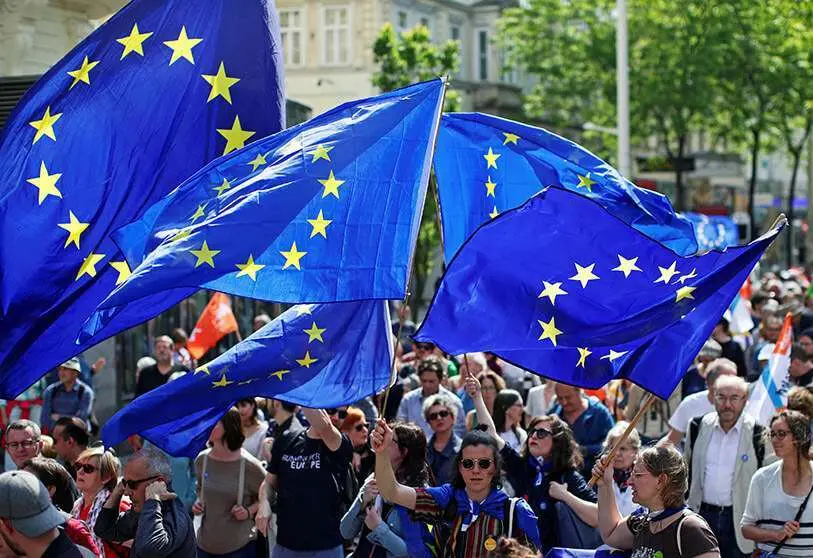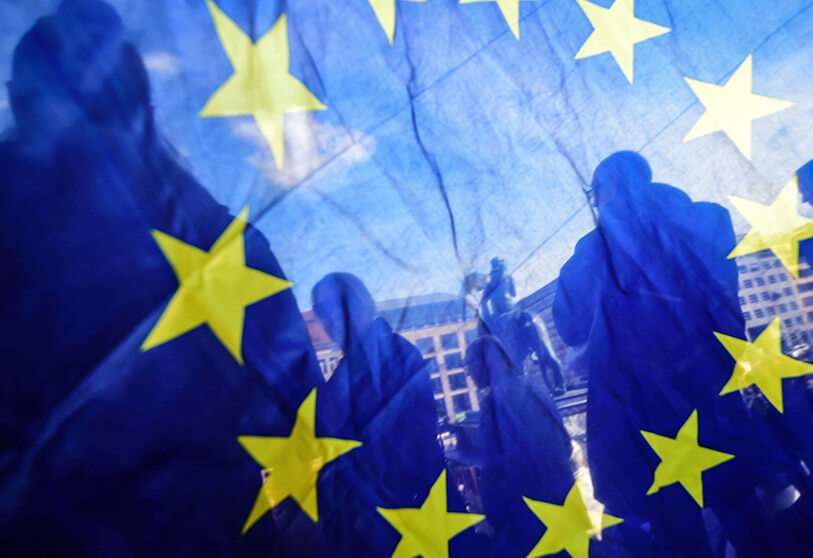Europe's youth deserve much more

In December last year, the Council and the European Parliament approved the proposal of European Commission President Ursula von der Leyen to designate 2022 as the "European Year of Youth". During her State of the Union address, von der Leyen referred to the difficulties young people have had to face in recent years, in particular due to the COVID-19 pandemic. The proposal aims to honour the efforts of young people in the face of adversity, and to bring their problems closer to politics. More funds will be made available for research on youth issues, youth events and conferences will be organised, and spaces will be created to bring young people closer to political decision-making.
This last point is particularly relevant. In today's politics, young people occupy a very small space. Their voices are often not taken into account, even on issues that concern them directly, so that policies are created for young people without young people. The result is that measures taken by the political elite lose legitimacy in the eyes of young people, generating distrust towards politics. It is essential to create spaces in which young people can express and analyse their problems, as well as propose responses to them. But their participation should not be limited to certain typical youth issues. They also have opinions on issues such as climate change, security or defence, and must be able to propose alternatives. However, today their participation in politics is minimal.
The same is true for other social groups such as LGTBIQ+, ethnic, racial and religious minorities, the elderly or women, who have always been less represented in politics. The goal, in order to achieve a full democracy, must be to obtain a real representation of the problems and interests of society. To achieve this, the voices of each and every citizen must be included. This is why it is essential to create spaces for citizen participation.

One attempt to bring politics closer to European citizens was the Conference for the Future of Europe (CoFoE), jointly implemented by the European Commission, Council and Parliament. The participation figures, however, are depressing. Only 0.01% of the European population has proposed ideas on the multilingual platform, of which only 10% are under 25 years old. The reasons for this low participation are many, but perhaps the most relevant is the lack of public awareness of this EU participatory democracy exercise. The CoFoE is well known to those who belong to the Brussels bubble, i.e. citizens who already have a prior knowledge of the EU and an interest in European politics. However, the CoFoE has not permeated beyond this limited stratum.
It would be easy to blame the EU for being distant from its citizens, for not knowing how to communicate its projects, its objectives, its competences. This is undoubtedly true, but it is not the only problem here. As regards the lack of awareness of the CoFoE, the ultimate responsibility does not lie with the EU, but with national, regional and local governments. They have made no effort to bring this platform closer to citizens.
As a new project, it is essential to explain not only how it works, but also its value. The CoFoE is meaningless without a strong participation of the European population, and for it to work, it requires the joint work of all governments. In addition to communicating existing projects, national, regional and local governments must start creating their own spaces for citizen participation, with a special emphasis on the inclusion of young people. In this European Year of Youth, this should be one of the main objectives of the institutions. Increasing participation, and thus trust in the political elite, which is at an all-time low. In 2022, a promise has been made to all young Europeans. It is time to deliver, not with fine words, but with actions, with deeds. We owe it to them.

